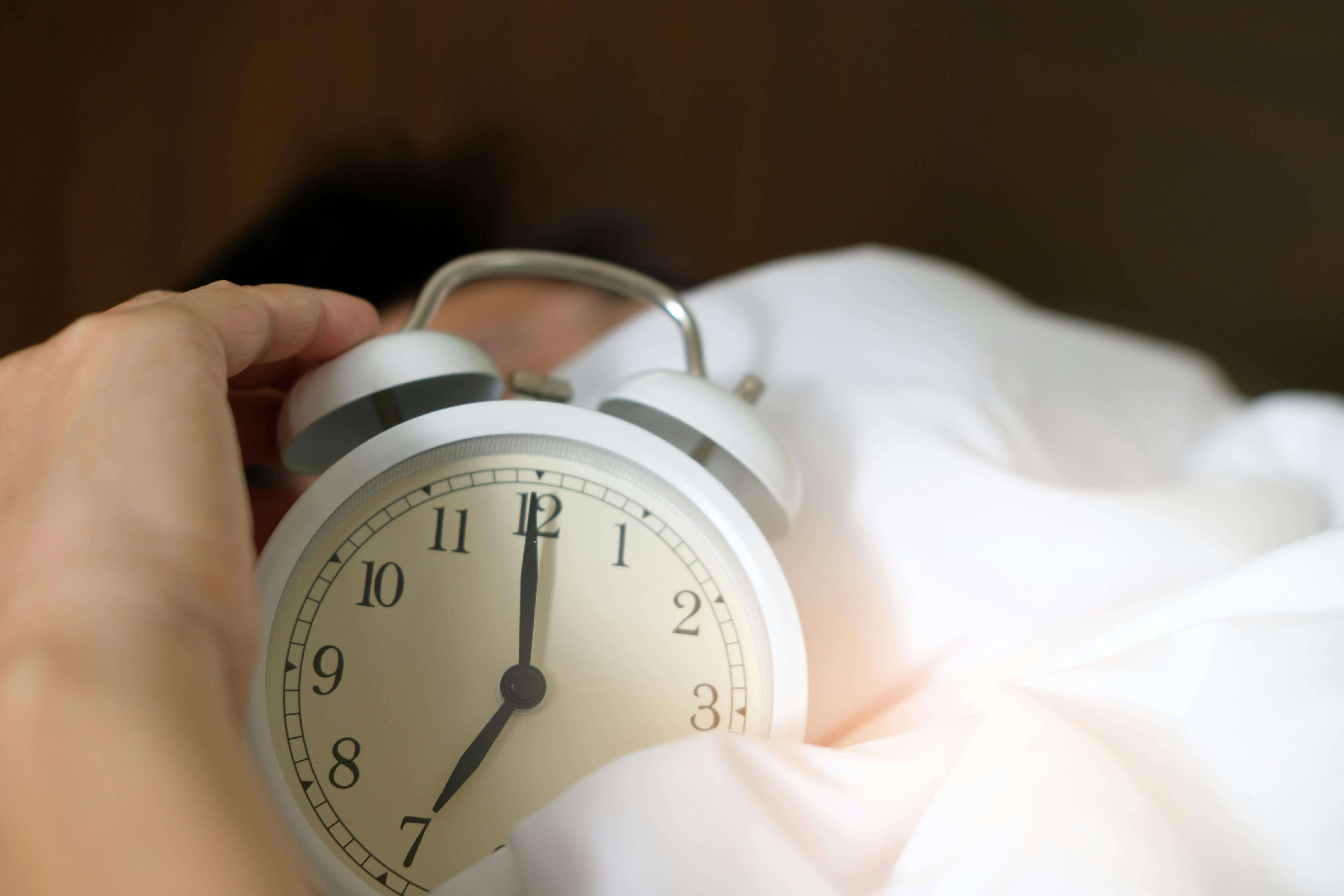



Waking up exhausted, dreading the workday, and feeling mentally drained before you even start? You’re not alone. Mental exhaustion isn’t just about lack of sleep; it’s about the ability to separate personal time from work stress. Without clear boundaries, exhaustion builds, making it harder to focus, recharge, and stay motivated.
One of the best ways to create mental distance is by establishing a morning routine that signals the transition from rest to work.
Reaching for your phone first thing in the morning floods your brain with information, stress, and notifications before you’ve even started the day. Instead, create a no-phone buffer for at least 15–30 minutes after waking up.
✔️ Try this: Stretch, take a short walk, or do deep breathing exercises before engaging with screens.
Jumping straight into work mode increases exhaustion. A transition activity helps reset your mind and creates a mental gap between sleep and responsibilities.
✔️ Try this: Read a few pages of a book or journal, listen to a podcast, or drink your coffee mindfully. Something that feels personal, not work-related.
A clear "start of work" cue signals your brain that it’s time to focus, preventing work from bleeding into personal time.
✔️ Try this:
Exhaustion isn’t just physical, it’s mental, and how you start your day sets the tone for your energy levels. A structured morning routine creates mental distance from work stress, reduces fatigue, and helps you regain control over your day.